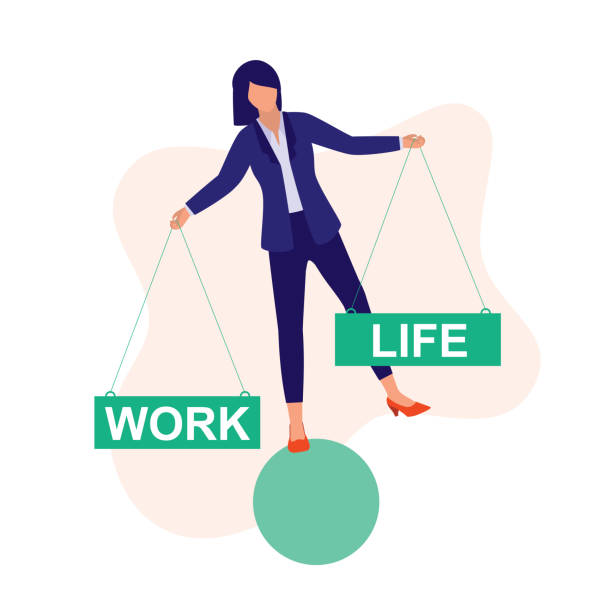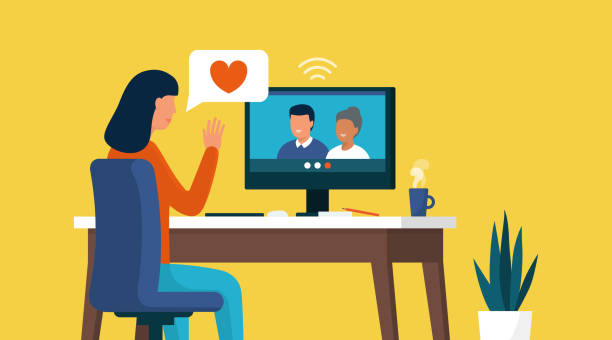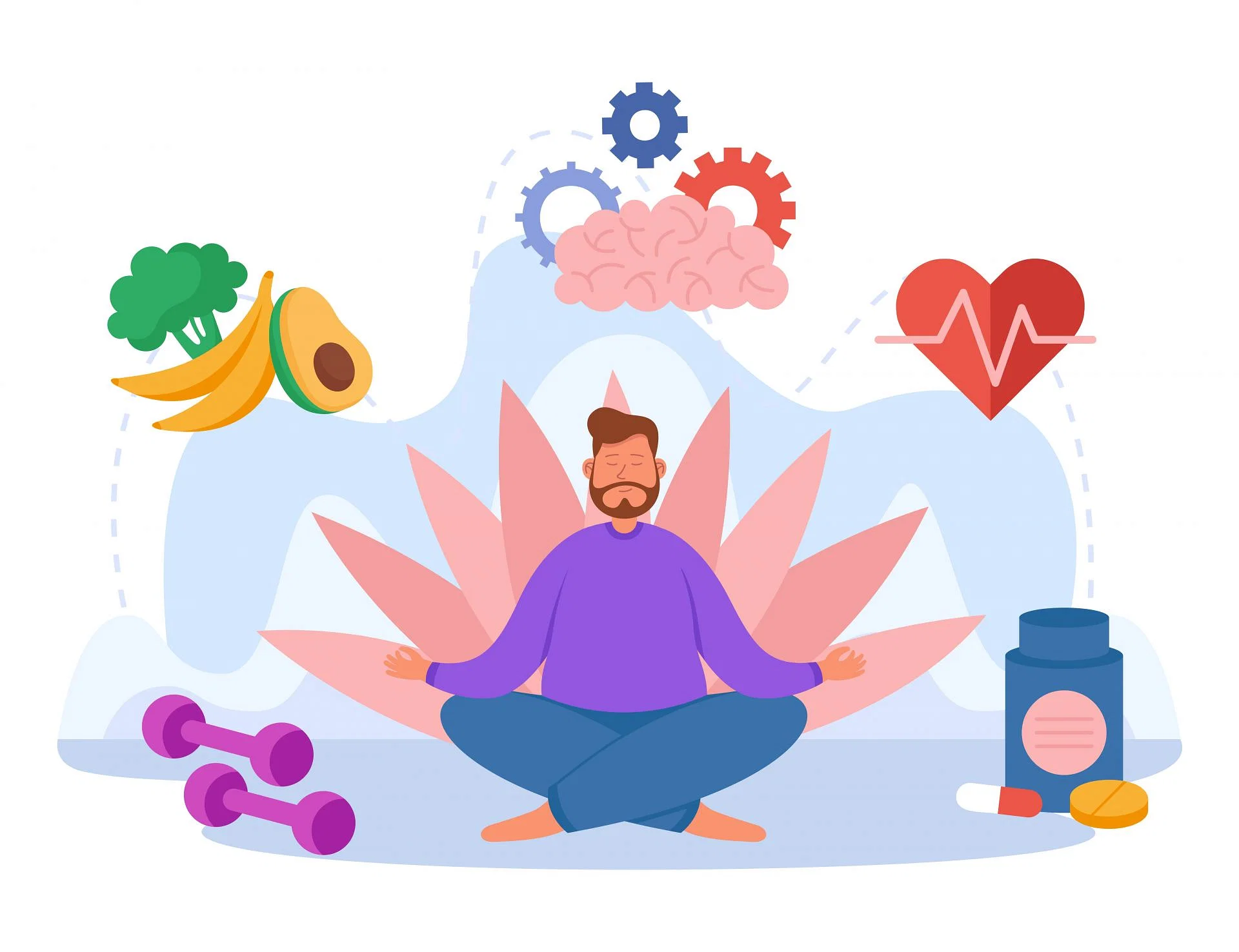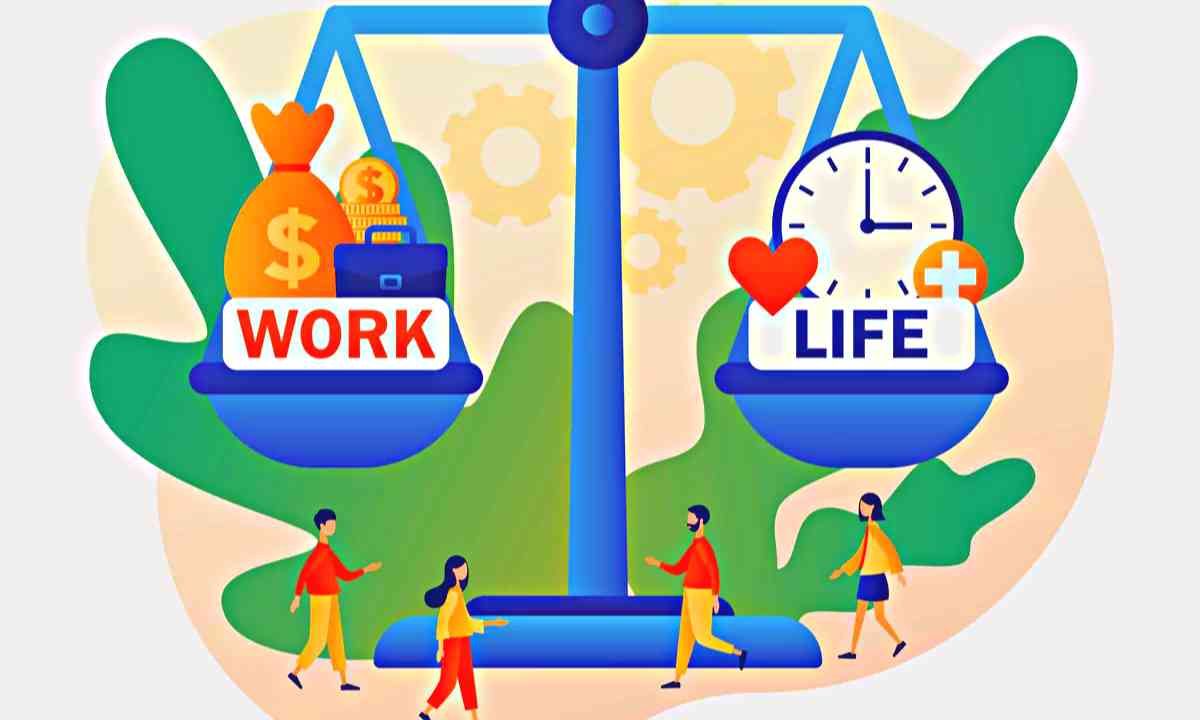Work-life balance refers to the balance between an individual's time and energy spent on their work responsibilities and their personal and family life. It's about finding a balance between the demands of your job and the needs of your personal life so that you can be happy and fulfilled in both areas.

Managing work-life balance can be challenging, but there are several steps you can take to improve it:
- Set clear boundaries: Establish clear boundaries between work and personal time, and stick to them as much as possible.
- Prioritise self-care: Make time for yourself and engage in activities that make you feel refreshed and rejuvenated.
- Communicate with your employer: Talk to your employer about your needs and priorities and see if there are ways to make your job more flexible.

- Learn to say "no": Know your limits and learn to say no to tasks or responsibilities that will negatively impact your work-life balance.
- Delegate and outsource: Delegate tasks or outsource certain responsibilities to free up more time for personal or family life.

- Make time for your hobbies and interests: Make time for activities you enjoy and that provide a sense of accomplishment and fulfilment.
- Keep things in perspective: Remember that work-life balance is an ongoing process and that it's important to be flexible and make adjustments as needed.

- Communicate with your loved ones: Share your concerns with them and be open to feedback and suggestions.
There are also 6 components to perfect your work-life balance. They are:
- Time Management: The ability to effectively manage and prioritise your time between work and personal responsibilities.

- Stress Management: The ability to manage and reduce stress in both your professional and personal life.
- Physical Wellness: Taking care of your physical health through exercise, proper nutrition, and adequate sleep.

- Mental Wellness: Taking care of your mental health through mindfulness practices, therapy, and self-care.
- Relationship Management: Maintaining healthy relationships with family, friends, and coworkers.
- Workplace Culture: Being in an environment where your employer supports and promotes a healthy work-life balance.

It's important to remember that work-life balance is a personal concept and what works for one person may not work for another. Finding the right balance will depend on your individual needs and priorities, and it may require some experimentation and adjustments over time.
© Vygr Media Private Limited 2022. All Rights Reserved.
























